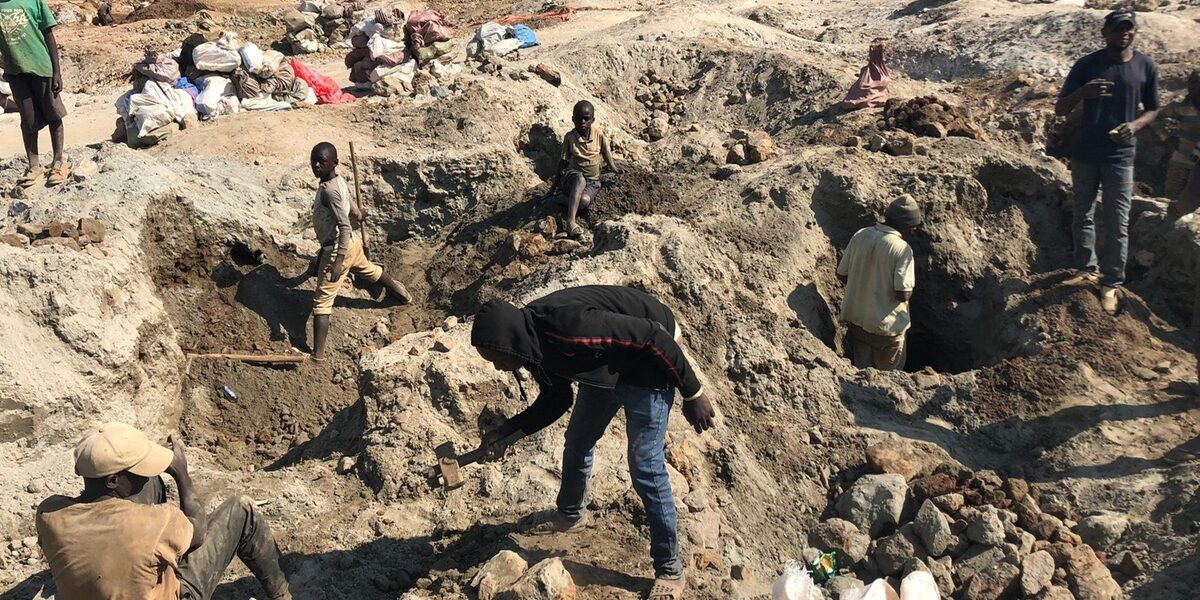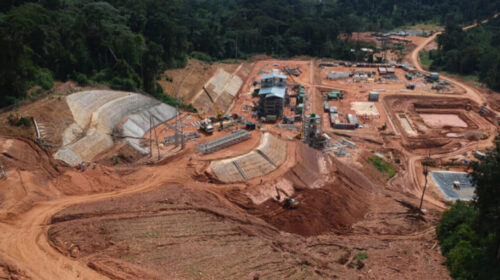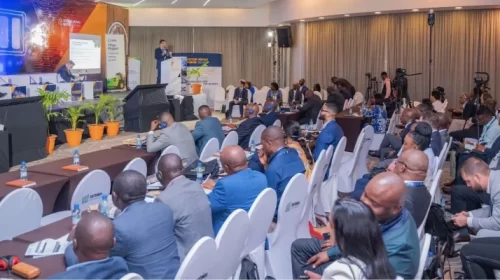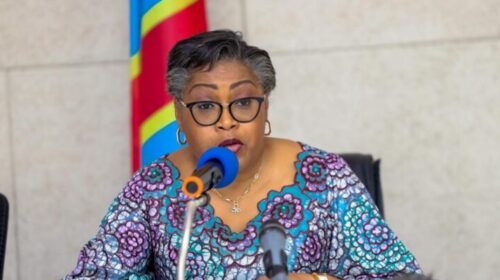Tesla, Apple, Google, Microsoft dodge Congo cobalt class-action
Google parent Alphabet, Apple, Dell, Microsoft and Tesla won’t have to face a class action suit claiming the tech giants bear responsibility for the alleged use of child labour in Congo to mine cobalt, a key ingredient of batteries in electric cars and consumer electronics, a federal court in Washington ruled Tuesday.
An NGO called International Rights Advocates launched the suit in December 2019, on behalf of more than a dozen families of children killed or hurt in the artisinal cobalt mines in the Congo, responsible for more than two-thirds of global production of the metal.
Law360 reports US District Judge Carl J. Nichols said while the complaint lists “tragic events” the suit could not trace a link back to the US tech giants and “that the only real connection is that the companies buy refined cobalt”:
“It might be true that if Apple, for example, stopped making products that use cobalt, it would have purchased less of the metal from Umicore, which might have purchased less from Glencore, which might have purchased less from CMKK, which might thus have instructed Ismail to stop purchasing cobalt from child artisanal miners, which might have led some of the plaintiffs to not have been mining when their injuries occurred,” the judge said.
“But this long chain of contingencies, in all its rippling glory, creates mere speculation, not a traceable harm.”
The price of cobalt hydroxide used in the battery manufacturing supply chain is up 95% over the past year, according to Benchmark Mineral Intelligence with Asia import prices topping $52,000 a tonne in October as disruptions to shipping routes from Africa to China continues.
Annual cobalt production is only around 130,000 tonnes, mostly as a byproduct of nickel and copper mining. Of that, roughly 30,000 tonnes is in metal form. Cobalt metal prices in Europe are up 75% in 2021 averaging $27 a pound in October, the highest since December 2018.
![]()





